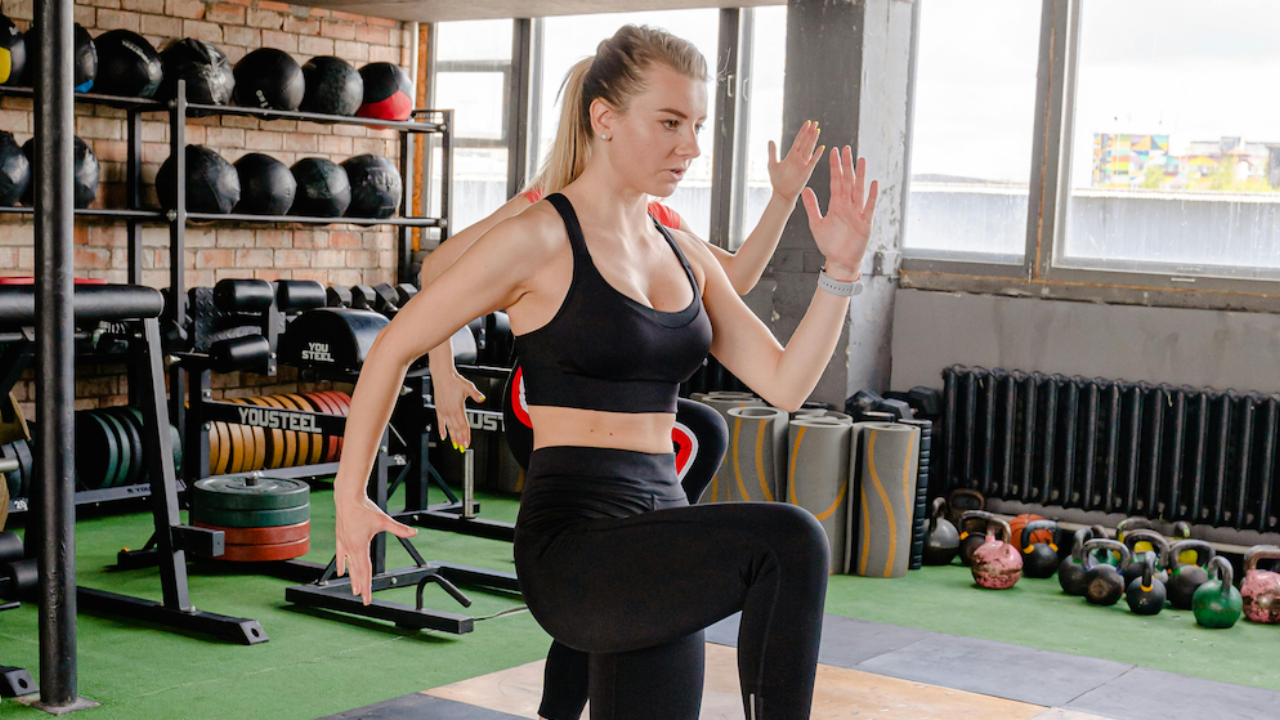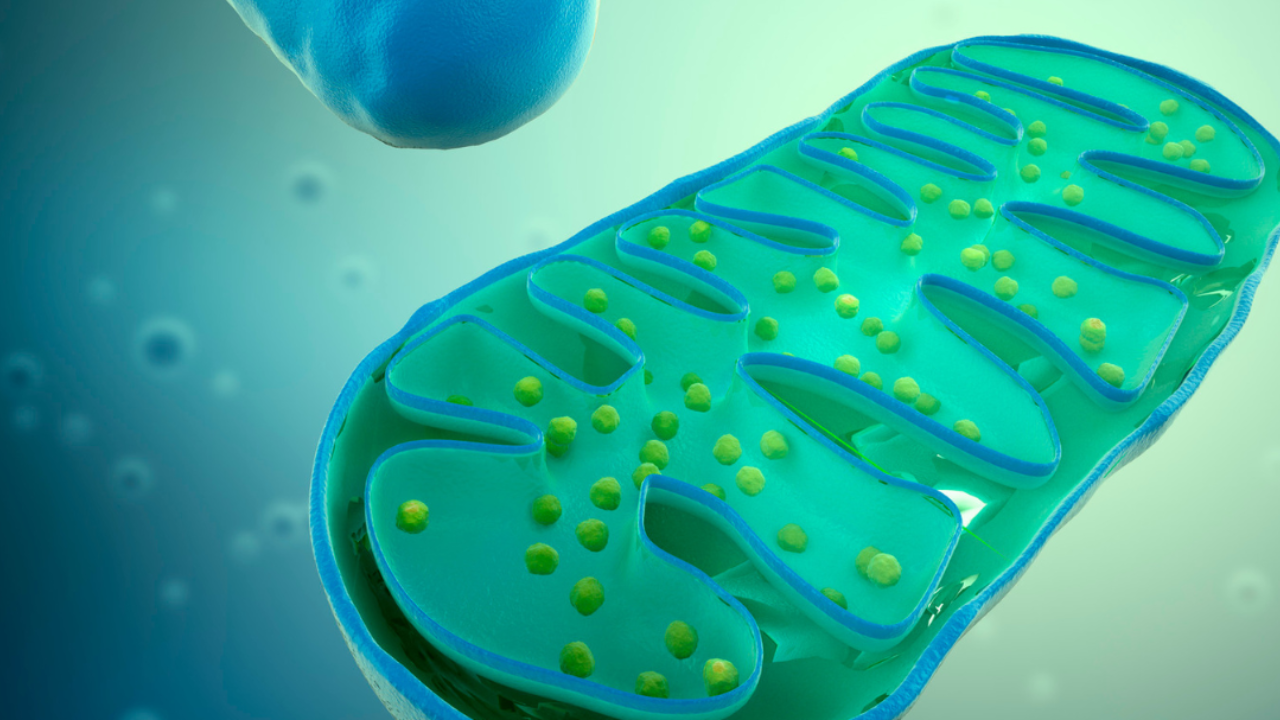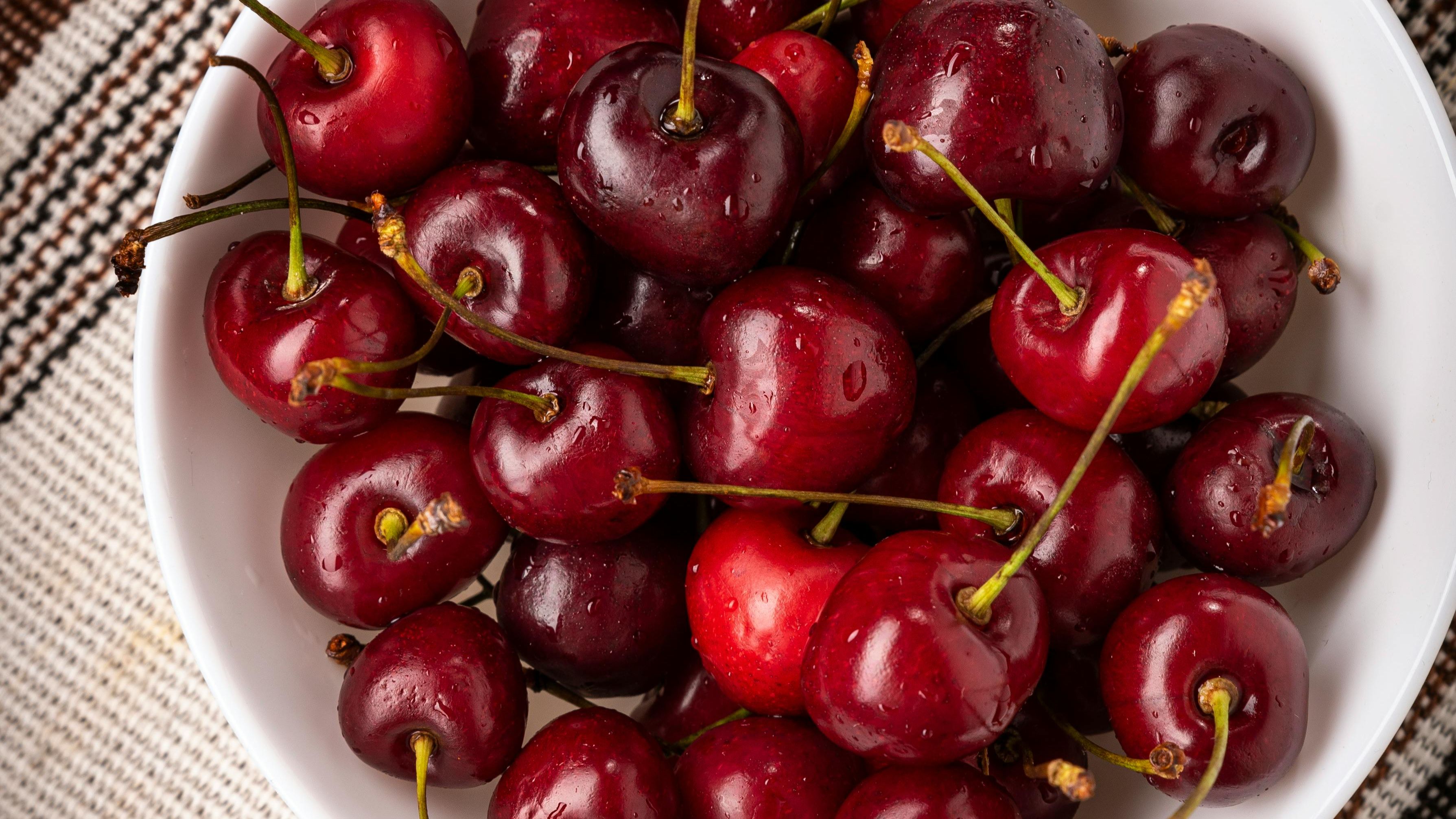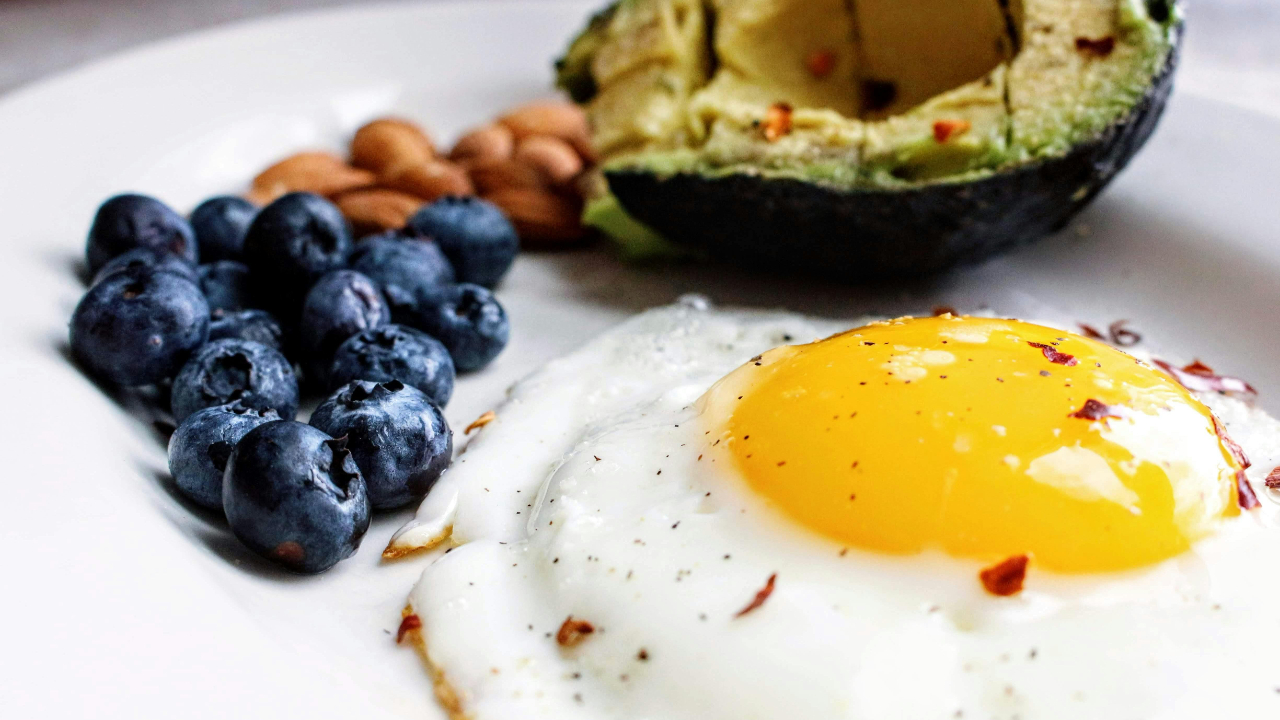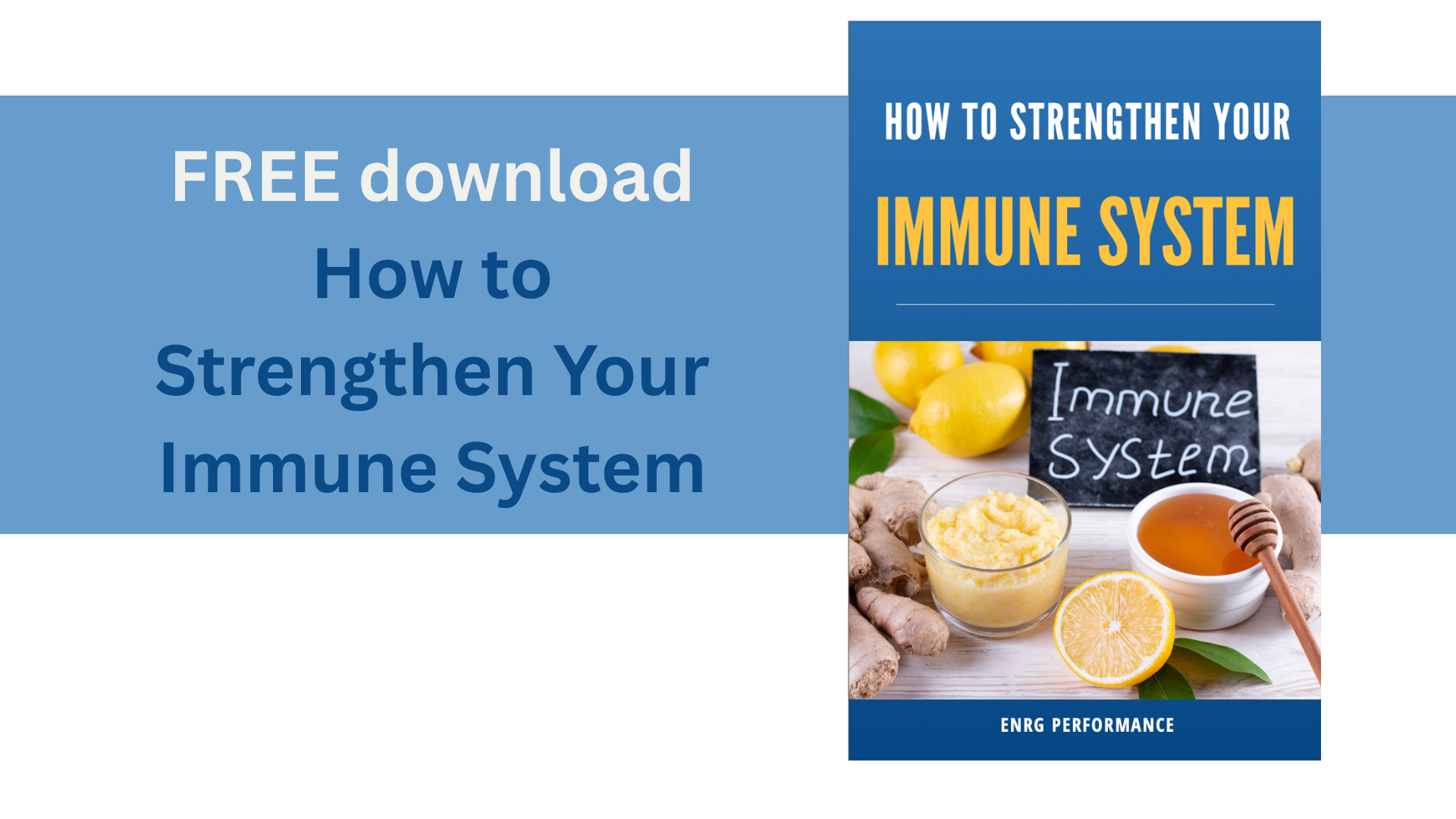Nutrition and Anxiety
Aug 25, 2025
Did you know that anxiety disorders are the most common mental illness in the United States, affecting 40 million adults age 18 and older?
Managing anxiety is complex but luckily, there are some nutrition strategies that can be implemented to help.
But first, let me discuss some of the key aspects between nutrition and anxiety.
1. Gut-brain axis: The gut microbiome produces neurotransmitters, hormones and metabolites that influence mood, cognitive function and emotional regulation. An imbalance of the gut microbiome, also known as dysbiosis, has been linked to anxiety.
2. Neurotransmitters and nutrients: Certain nutrients play a crucial role in the production and regulation of the neurotransmitters serotonin and dopamine. These include vitamin D, omega-3 fats, vitamin B6, magnesium and potassium.
3. Inflammation and oxidative stress: A daily nutrition plan high in processed foods, sugar and saturated fats can lead to chronic inflammation and oxidative stress, which can contribute to anxiety.
4. Blood sugar swings: Blood sugar spikes and crashes, from not being metabolically efficient, can lead to anxiety symptoms.
5. Micronutrient deficiencies: Deficiencies in magnesium, B vitamins and zinc can contribute to anxiety.
6. Food sensitivities and intolerances: Adverse reactions to certain foods, such as gluten, lactose, or histamine, can contribute to anxiety symptoms.
7. Hormonal regulation: Nutrition can influence hormone production, including cortisol, insulin and thyroid hormones, which can impact anxiety. (by the way, I measure all of these in my Virtual FatBurn Blueprint Program to create custom meal and exercise plans).
8. Microbiome modulation: Eating more fiber and polyphenols can support the growth of beneficial gut bacteria, which can help regulate anxiety.
Here are some key nutrients to include on a daily basis to help reduce anxiety symptoms:
-
Omega-3 fatty acids: EPA and DHA (found in fatty fish, flaxseeds and chia seeds)
-
Magnesium: dark leafy greens, nuts, seeds and whole grains
-
B-vitamins: whole grains, lean meats, fish and legumes
-
Probiotics: fermented foods (yogurt, kefir, sauerkraut, miso and kimchi)
-
Vitamin D: fatty fish, fortified dairy products, and sunlight exposure
To better control anxiety symptoms, it is also very important to limit or avoid the following foods:
-
Processed meats
-
Drinks and foods with a high amount of added sugars (more than 8 grams per serving)
-
Refined carbohydrates
-
Foods high in saturated and trans fats
In general, it is important to emphasize the messages listed above and incorporate as many of the foods listed into your daily nutrition plan. Remember to also stay hydrated, limit caffeine, stabilize your blood sugar by implementing the Metabolic Efficiency Training concept and avoid processed foods as much as possible.
-
Stay hydrated: Drink plenty of water throughout the day.
-
Limit caffeine and sugar: Avoid or limit caffeine and sugary foods that can exacerbate anxiety.
-
Eat regular meals: Eat regular, balanced meals to maintain stable energy levels.
-
Avoid processed foods: Limit or avoid processed foods that can be high in sugar, salt, and unhealthy fats.
Want more help achieving optimal health, longevity and fitness? Reach out to our awesome team of Performance Dietitians at eNRG Performance!
SUBSCRIBE AND WE WILL DROP SOME HEALTHY INSPIRATION IN YOUR INBOX
We hate SPAM. We will never sell your information, for any reason.


